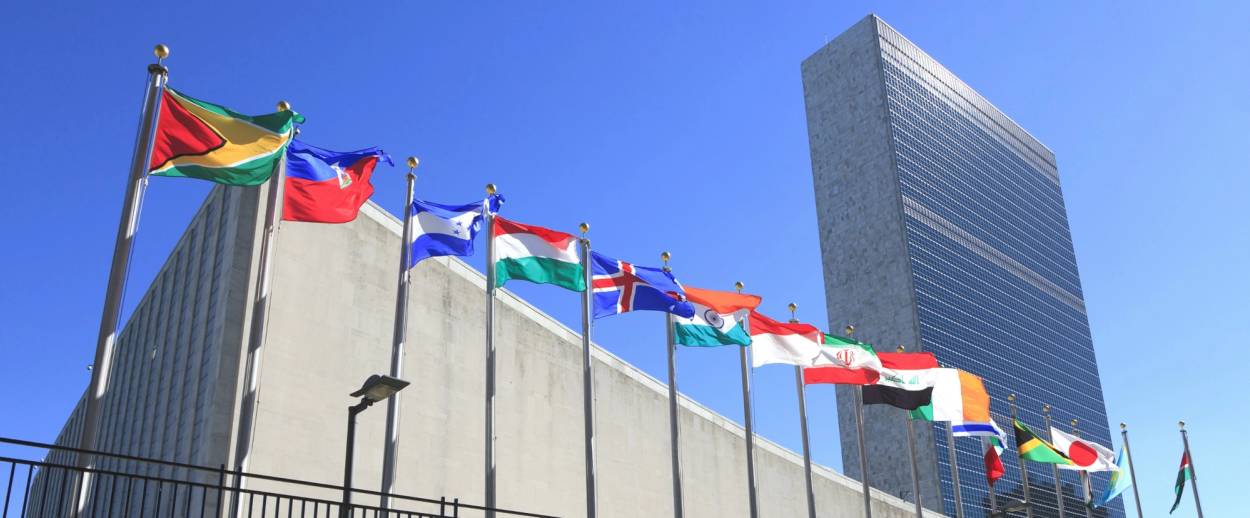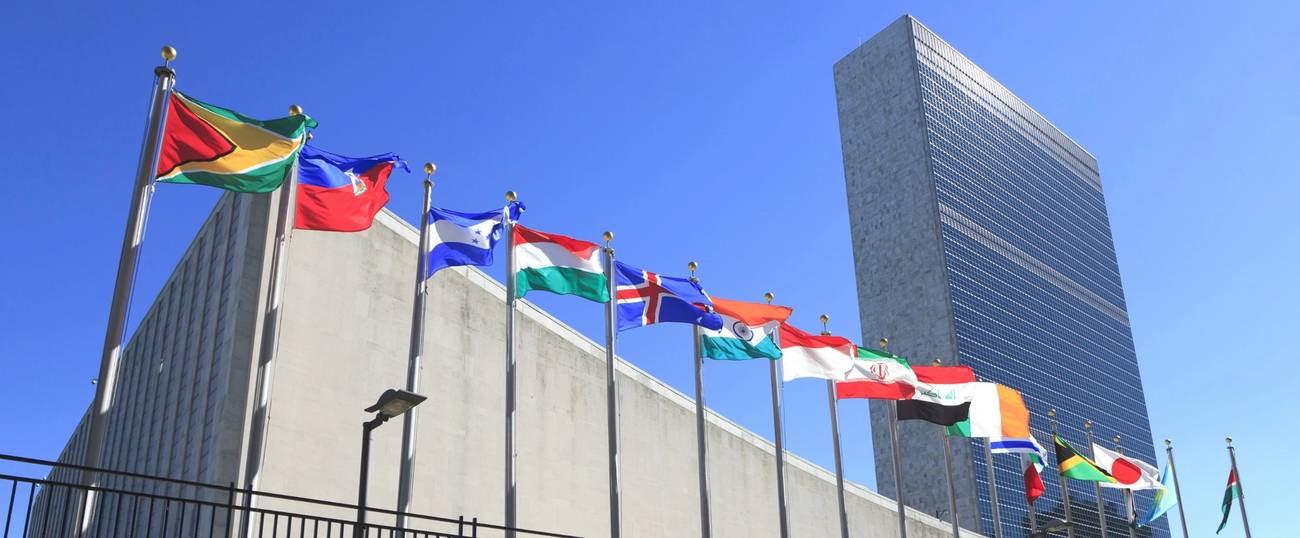#MeToo at the UN
In 1979, while planning an international women’s conference, I was raped by my supervisor




I stand with the hundreds of women who have come forward to name their sexual harassers and rapists.
And—”me too.”
I have been sexually harassed and propositioned as a teenager, a college and graduate student, and as an employee, by strangers on the street, and by neighbors, professors, visiting dignitaries, employers. This Stuff is par for the course in most women’s lives.
However, one episode sexual harassment and rape-on-the-job stands out. It took place at the United Nations.
UN Peacekeeping troops in Cambodia, Congo, Haiti, Liberia, Sierra Leone, Sudan, and Uganda have been accused of raping vulnerable girls and women whom they were supposed to protect. UN peacekeepers and their hired military contractor trafficked underage girls into Sarajevo for profit and pleasure. Kathryn Bolkovic, a Nebraska policewoman who worked for the military contractor, dared expose this sordid enterprise for which she was threatened and her employment terminated. (A film, The Whistleblower, was made about her, starring Rachel Weisz).
Many women who have worked at the UN have themselves been sexually harassed and assaulted by their employers. When they complained, they were treated as whistleblowers: Fired, or, if lucky, forced into expensive, lengthy, UN in-house tribunals. Ultimately, charges are rarely brought, the accuser is usually fired or sent back to her home country. Sometimes, the perpetrator is whisked away overnight to his home country. High ranking UN officials have diplomatic immunity.
In 1994, after years of in-house litigation, one woman, Catherine Claxton, finally won a UN-brokered settlement against her boss, Argentinian Luis Maria Gomez, an Assistant Secretary General. In 2003, another woman, Joumana Al-Mayhani, in Kuwait, sued, was fired, but won a very small settlement against her UN boss, Yusuf Mansur.
Well, #MeToo at the UN.
In 1980, when I was a Professor of Psychology and Women’s Studies and the author of four books, I began working there. My employer, Dr. Davidson Nichol, a diplomat from Sierra Leone, had hundreds of employees—and diplomatic immunity.
Days after I signed my employment contract, Davidson told me that he’d fallen in love with me and that I must become his “mistress.” I refused. I blamed myself for having been so naive as to think he’d hired me for my skills and knowledge.
Unexpectedly, he came to my apartment at midnight on Christmas Day, 1979, and raped me.
I was disgusted, furious, humiliated, but vowed that his disgusting violence would not drive me out of my job. As a single mother, I needed the extra money. I also did not want to abandon the project, an international feminist conference, one that I alone had envisioned.
Hostilities soon commenced. Davidson created a committee of mainly female UN employees who followed his every suggestion and opposed whatever I said.
Suddenly, the color of my skin, my American nationality, my religion (Jewish), my Zionist passion, perhaps even my feminism, was treated disdainfully.
We held our conference in Oslo in the summer of 1980. Davidson got very drunk and began to sexually harass other women. I “told” my story. Other attendees, including black African women, were ready to confront him when two white women—not men, women—feminists, not anti-feminists—persuaded everyone that such a confrontation would be seen as “racist” given that Davidson was black and many of us were white.
What happened afterwards educated me about the crucial role that women play in covering up allegations of incest and rape. Some feminist leaders believed and supported me, both at the conference and afterwards. Other feminist leaders, despite their public avowals of sisterhood, were more than capable of opportunistically profiting from their collaboration with a rapist.
Two prominent feminist leaders chose UN-related privileges over principled solidarity with me, the victim; They covered up their collaboration by treating me as a “whistle-blower” and casting doubt on what I said. Since Davidson had diplomatic immunity, I’d asked them to stand with me and confront him privately so this rapist “would not go to his grave thinking he could divide the likes of us.” They failed to do so.
Someone representing one of Davidson’s sons, (or so he said), threatened to have me killed if I went public.
These same feminist leaders had no trouble “believing” and standing with Anita Hill when she accused Judge Clarence Thomas of sexual harassment. For them, this was different. Both accuser and accused were black and the accused was (gasp!) a conservative.
These same feminists had no trouble covering up Bill Clinton’s serial philandering, abuse of power to satisfy his sexual compulsions, and his alleged rape. For them, this, too, was different. Clinton was in favor of abortion and merited their protection.
We live in a world in which women are at the mercy of the men in ISIS and Boko Haram. Men on the American Right (Roger Ailes and Bill O’Reilly as well as men on the American left (Harvey Weinstein, Bill Cosby, Kevin Spacy) all come to mind.
We are in the midst of a world-wide scandal on this subject, one that feminists pioneered long ago. It will subside. Somehow, I doubt that incest perpetrators, sexual harassers, serial rapists, sex addicts, pimps, and Johns will be disappearing anytime soon.
Phyllis Chesler is the author of 20 books, including the landmark feminist classics Women and Madness (1972), Woman’s Inhumanity to Woman (2002), An American Bride in Kabul (2013), which won a National Jewish Book Award, and A Politically Incorrect Feminist. Her most recent work is Requiem for a Female Serial Killer. She is a founding member of the Original Women of the Wall.